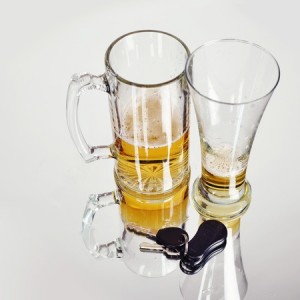
In a prior blog, we provided you with information concerning State v. Harris, No. A-0162-13T1 (N.J. Super. Ct. App. Div. Feb. 4, 2015). In short, this case said that anyone who drives while on the suspended list after a DWI conviction should plan on incarceration. The minimum sentence is 180 days, with no chance for early release.
The Harris case was a bit ambiguous in some respects. As part of the sentencing for DWI, the judge may mandate that the defendant’s driving privileges be suspended for a specified number of days. Although the law requires them to do so before driving again, some drivers do not rush to get their license reinstated. It may be the costs or the time associated with the process. They take the risk of driving on the suspended list.
Soon after the Harris case, the Appellate Division ruled on matters involving several other lower court cases. What happens when the suspension period has expired, but the individual driver’s license has not been reinstated?
This issue is addressed in State v Perry, No. A-1767 -13T2 (N.J. Super. Ct. App. Div. March 3, 2015). These involved several individuals who were indicted for driving while suspended after a drunk driving conviction. These defendants were pulled over by police after the conclusion of their court ordered suspension period, but before they were removed from the suspension list. The Appellate Division did not find that it was criminal to drive on the suspended list after the suspension period passed.
Bottom line is that a DWI conviction can continue to have severe consequences well after the matter is concluded. It is important to retain legal counsel that is familiar with the courts and cases as they make new law. The Law Offices of Anthony Carbone has represented these types of cases for more than two decades. Call us to schedule a free appointment.